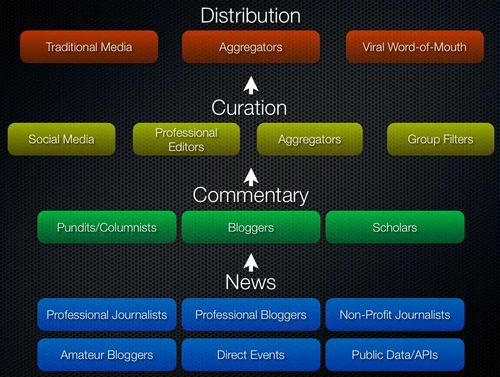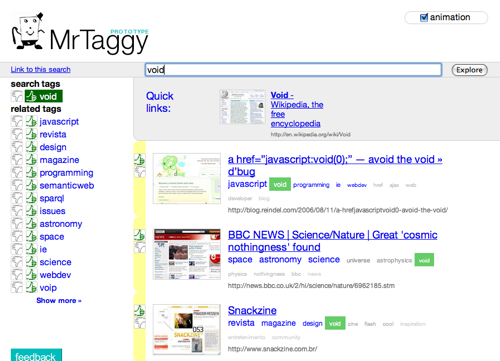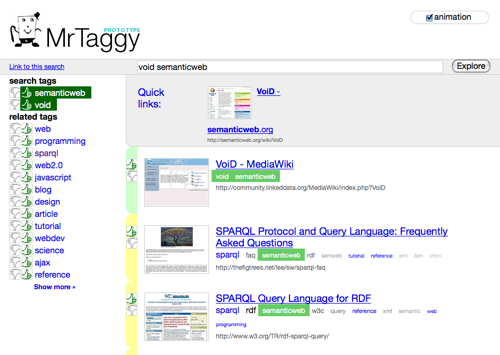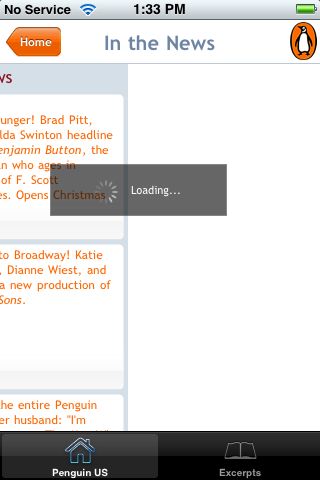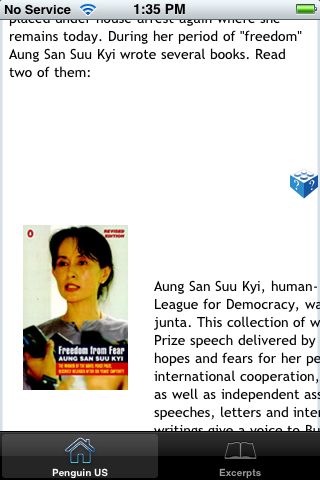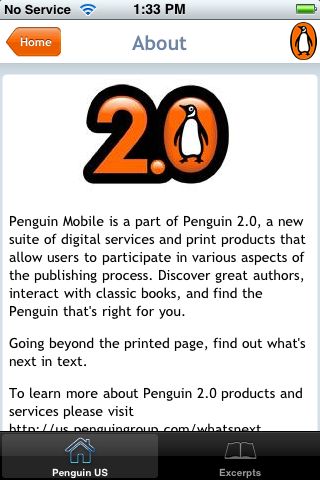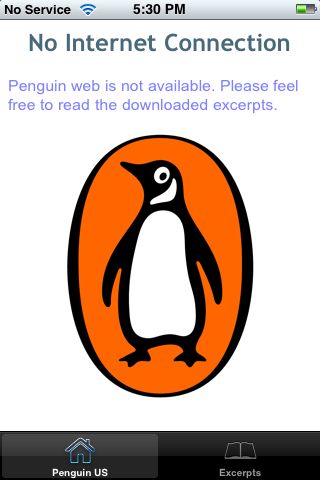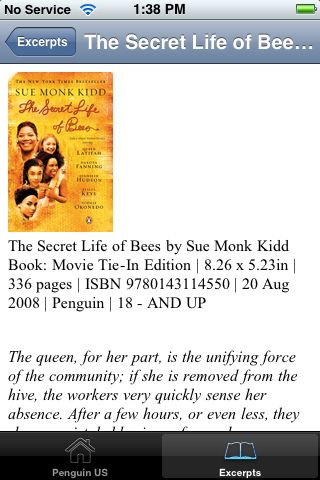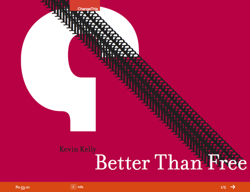What’s the difference between place and location? My tentative answer:
A location has coordinates. A place has coordinates plus something more (culture, politics, maybe time).
I started thinking about this because of Paul David Erb’s twitter coverage of a talk at the Scholars’ Lab. I didn’t understand this tweet:
Places, not locations, provide the backdrop for historical events. The key idea is to map events and tie them to locations.
and Paul didn’t have a quick answer, either. After some unsuccessful searching for the original paper (which took me to several databases) and scanning citations from speaker Ian Johnson’s university bio page and “long bio [DOC]“, I started thinking about the problem more generally. Googling for “ian johnson” gis places locations led me to an interesting source: papers and presentations for Harvard’s China Historical GIS group. Lex Berman gave a concise explanation in one of his papers: [1]
If we are to take the sum of the information about what transpired at a
particular geographic location over the course of time, we must realize that
what we are not observing a single persistent identity, but a series of
historical instances. Each instance of an historical place, although it may
indeed be seen as occupying a certain temporal extent and geographic
extent, actually makes more sense in a political and cultural context which
expands and contracts.
He also says:
We have extensive historical documentation about the administrative units that were
established, abolished, re-named, or re-established in roughly the same
geographic space as today’s Beijing.
Those are all the same location. But they’re different places. Suddenly I understood (at least some small part of) the difference Ian Johnson must have been articulating.
My database searches, on the other hand, were a rich source of follow-up reading about space and place, on a variety of topics from computer science, to history of the book, to social science, to geopolitics. For me, database searching is great for keeping my fingers busy while engaging my head. And for turning up lots of things I’d like to read. However, I didn’t have enough data to figure out what paper Ian Johnson was referring to (something he wrote about places, locations, mapping events). In retrospect, writing him would have been most reasonable. Failing that, his profile might have been a better place to start. Other search strategies you’d suggest?
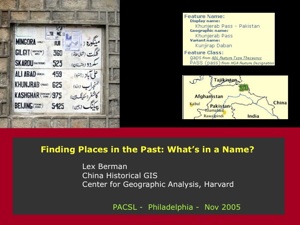
Lex Berman on Finding Places in the Past: What's in a Name?
Lex Berman has some beautiful slides (ZIP). [2]
[1] Berman, Merrick Lex. (2006 February). Persistence or Transience? Tracking the evolution of places over time with historical Geographic Information Systems [GIS]. Presented at Hist2006 – Geschichte im Netz Conference, Berlin.
[2] Berman, Merrick Lex. (2005 December). Places in the Past: What’s in a Name? Presented at PACSL GeoHistory Network Conference, Philadelphia.


